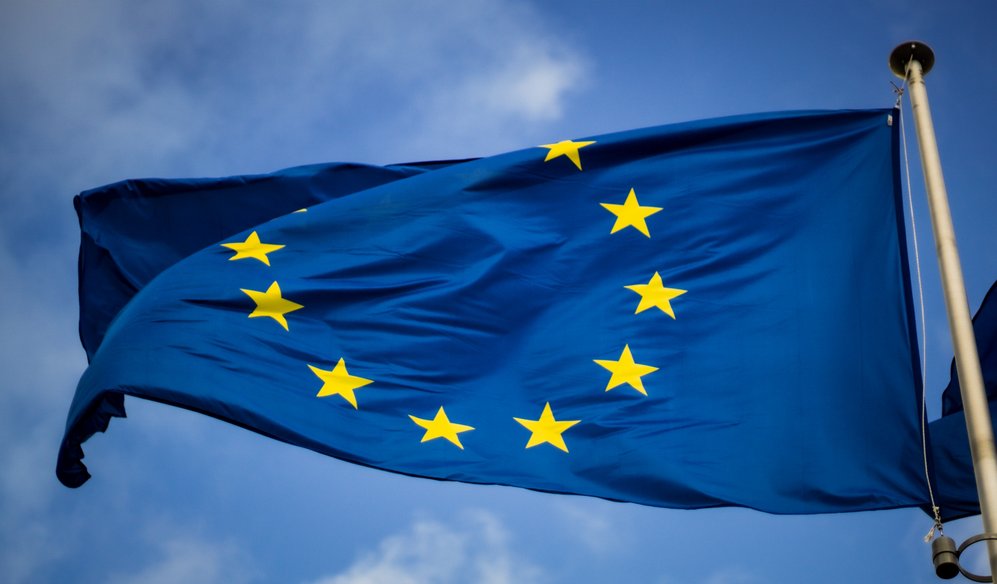Whilst what the European Commission’s proposed new legislation exactly will contain is not yet clear, hints have been given as to the possible direction that it might take. Full deregulation is the most probable scenario, meaning abolition of the precautionary principle, no risk assessment and no labelling. ENGA lays out below the risks of the worst case deregulation scenario.
Risk 1/ If the European Commission proposes to abolish GMO traceability and labelling, then invisible, untraceable New GMOs will be unleashed on European markets, in fields, and in shoppers’ supermarket trolleys.
If New GMOs are as convincing as promised, then why shouldn’t they be sold with an on-package GMO label, as the current legislation requires? Only the sellers of these products have a vested interest in keeping them invisible.
Read more: https://www.enga.org/newsdetails/10-things-the-food-sector-needs-to-know-about-new-gmos-number-5
-----
Risk 2/ If the European Commission proposes to abolish risk assessments, then untested New GMOs will be released into the environment and on the market.
Up until now the safety of these products is a mere claim, not substantiated through systematic or independent studies. There is hardly any experience of New GMOs, given that there are only three on the market.
Read more: https://www.enga.org/newsdetails/10-things-the-food-sector-needs-to-know-about-new-gmos
----
Risk 3/ If the European Commission proposes to remove labelling and transparency for New GMOs, then it goes against a basic EU principle, the right to information for consumers – risking a loss of confidence in EU institutions when citizens realise that invisible GMOs may be in their food.
People want to know what is in their food and where it has come from, that is their right enshrined in the Treaty of the European Union.
Read more: https://www.enga.org/newsdetails/new-gmos-what-is-the-consumer-response
"Unmasking New GMOs" - A Friends of the Earth Europe and FoodWatch International Briefing.
-----
Risk 4/ If the European Commission does not provide European-wide legally binding coexistence rules, then farmers would not be able to effectively exclude GMOs from their fields, or producers and retailers from their products. Meaning that all business operators not wanting to grow or process GM plants, would not be able to guarantee that they are excluding GMOs.
The Green Deal aims to have 25% of the EU’s farmland under organic production by 2030; this organic produce is threatened under a deregulation scenario due to GMO contamination of organic fields.
Read more: EurActiv - Organic farming and gene editing - is coeistence possible?
----
Risk 5/ If the European Commission proposes the abolition of risk assessment and labelling it brushes aside the interests of the food and retail sector. The majority of both sectors is in favour of maintaining the current food safety and transparency standards for New GMOs – this was a finding of the European Commission’s own consultation as part of its Impact Assessment prior to launching a legislative proposal.
Major European retailers have also called for New GMOs to remain classified – and regulated – as old GMOs
Read more: https://www.enga.org/newsdetails/ten-things-the-food-industry-should-know-about-new-gmos-number-ten
----
Risk 6/ If the European Commission proposes to abolish traceability and labelling for New GMOs it touches the core of the conventional Non-GMO sector. All Non-GMO labelling depends on knowledge which plants have been produced with GMOs.
Without legally binding GMO traceability and labelling throughout the whole value chain – from seeds to final products – a billion-euro market is at risk. In Germany the turnover amounts to 16 billion euros, in Austria to more than 2 billion euros.
Read more: https://www.enga.org/newsdetails/10-things-the-food-sector-needs-to-know-about-new-gmos-number-8
----
Risk 7/ If the European Commission – in buying the propaganda from big seed companies – promotes the claim that New GMOs offer some kind of sustainability solution - then there is a risk that the EU misses the chance to find real solutions to climate and environmental problems that we face.
New GMOs are no “magic pill” – whether they will play a role in solving environmental and agricultural problems is not at all clear. So far, there is no evidence that New GMOs will provide solutions to climate change, biodiversity loss or how society can feed the world’s growing population.
Read more: https://www.enga.org/newsdetails/https//wwwengaorg/10-things-the-food-sector-needs-to-know-about-new-gmos-number-2-1
